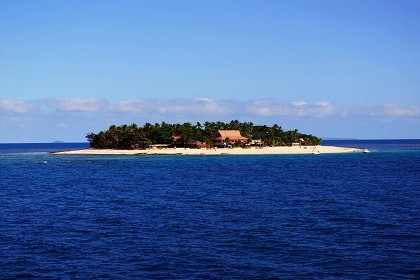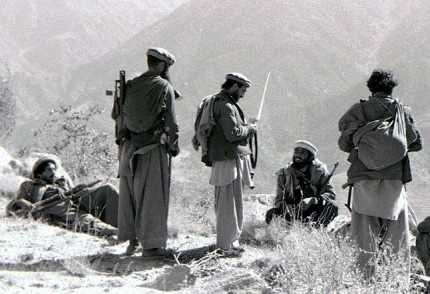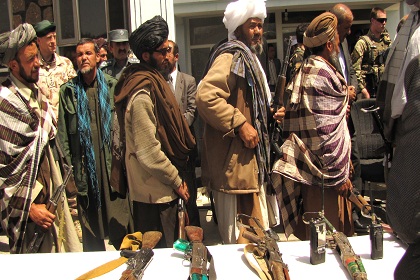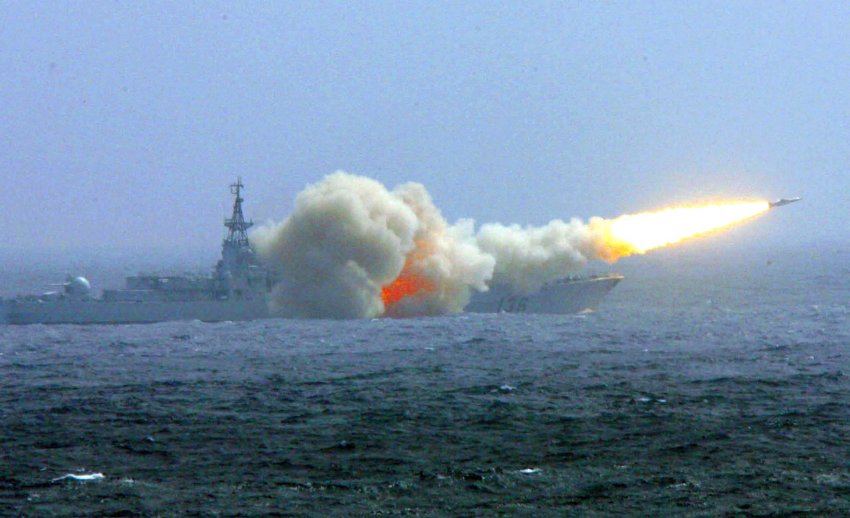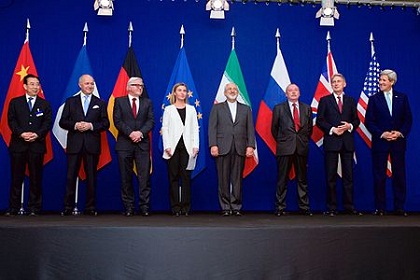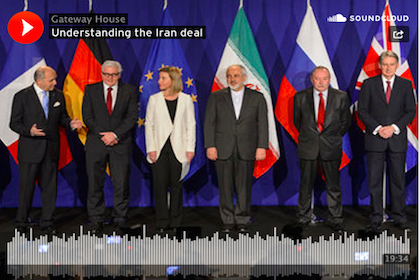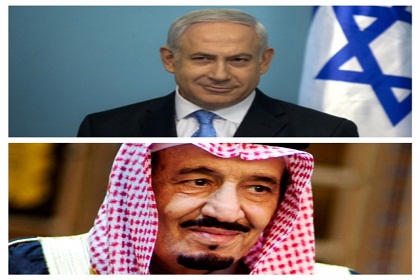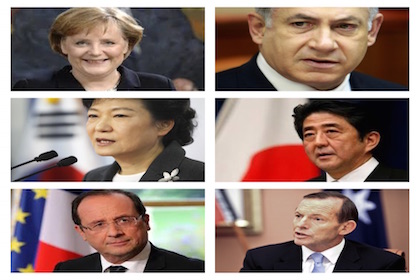Preparing for the Indo-Pacific century
The second Forum for India and the Pacific Islands in Jaipur on August 21 will be a historic summit that brings together the interests of India and the 14 island countries of the Pacific. It is India’s acknowledgement of the emerging strategic importance of the Pacific region, and a chance for the islands to turn this into an opportunity for growth, development, and greater security.

